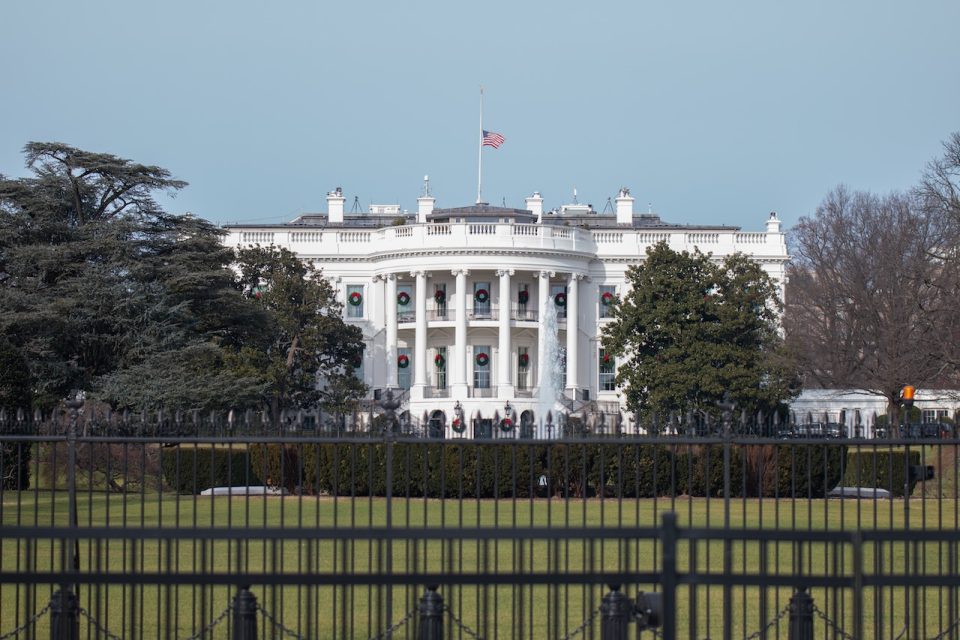In a move marking a significant historical milestone, the United Auto Workers (UAW) extended a formal invitation to President Joe Biden to join their picket lines, a gesture unprecedented in over a century. The invitation, made official on Friday, urges President Biden to stand alongside UAW members as their Detroit strike widens its scope, encompassing parts distribution centers for automotive giants General Motors (GM) and Stellantis, the parent company of Chrysler.
The White House promptly acknowledged the invitation, reiterating President Biden’s unwavering support for the labor force. However, it refrained from committing to the President’s direct participation in the picket line activities.
Unlike several other unions, the UAW has refrained from issuing an official endorsement for President Biden’s re-election bid. This stance underscores the complex dynamics at play in the realm of labor relations and politics.
The automotive industry, particularly the Detroit Three—GM, Chrysler, and Ford Motor—find themselves at a crossroads, awaiting Washington’s verdict on subsidies for electric vehicles (EVs). The Biden Administration has already embarked on negotiations pertaining to future emissions regulations for EVs. The UAW, in turn, expresses concerns over potential job losses stemming from the transition to EVs, as fewer components may be required for production.
Former President Donald Trump, a likely contender in the 2024 elections, is also thrusting himself into the discourse. In an effort to reclaim support from blue-collar workers who rallied behind Biden in the 2020 election, Trump is slated to address an auto-worker centric rally in Detroit next week. Whether he will personally visit the picket lines remains undisclosed by the Trump Administration.
The pages of history harken back to the days of President Theodore Roosevelt as the last sitting president to publicly stand in solidarity with striking workers. In 1902, grappling with a coal shortage, Roosevelt summoned coal workers to the White House. Prior to the meeting, Roosevelt candidly confided to Senator Henry Cabot Lodge of Massachusetts that the federal government held limited sway in mediating the situation.
The sentiment among those on the picket lines regarding President Biden’s potential visit is divided. Some harbor skepticism about politicians inserting themselves into labor disputes, while others welcome the prospect of the President’s presence bolstering their cause. Laura Zielinski, a 55-year-old worker from Toledo, Ohio, remarked that a presidential visit would “shine a spotlight on the talks – providing a nudge to the companies.”
Irrespective of the ultimate decision, the UAW’s overture to President Biden, and the ensuing response, have unfurled a monumental juncture, poised to leave an indelible mark on the presidency’s stance towards labor disputes. The saga unfolds against the backdrop of a rapidly evolving automotive landscape and a critical juncture in the trajectory of American industry.
Source: Reuters

